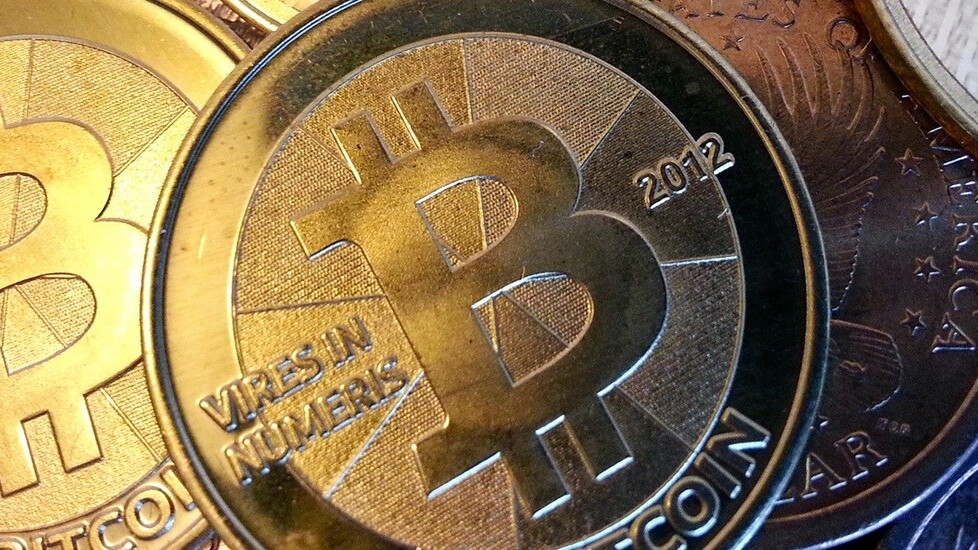
Governments all over the world have either been rejecting Bitcoin as a legitimate currency or issuing warnings about the use of it — including India, Norway and South Korea just last month, following in the footsteps of statements from the central bank in China and Thailand in July.
However, Singapore has bucked the trend by recognizing Bitcoin trading and laying out taxation rules governing transactions made in the virtual currency.
In an email to Singapore-based Bitcoin brokering service Coin Republic, Singapore’s tax authorities note that companies in the business of buying and selling Bitcoins will be taxed based on the gains from their sales. However, if Bitcoins form part of a company’s investment portfolio for long-term investment purposes, any gains would be capital in nature and therefore won’t be subject to taxation.
As for goods and services taxes (GST), Singapore’s authorities note that the sale or exchange of Bitcoins in return for cash or in kind is a “taxable supply of services.” This means that in cases when Bitcoins are accepted as payment for real goods or services, for example digital content including online music, taxes will be imposed if both parties involved are GST-registered, a likely case if you purchase something from a site which falls under the government’s jurisdictions.
However, using Bitcoins to purchase virtual goods or services, such as in-app game purchases, “will not be taxed until the bitcoins are exchanged for real monies, goods or services.”
As for merely being a middle-man in Bitcoin trading, for example in the case of a Bitcoin exchange which transfers the digital currency directly to the customer’s wallet, GST will be charged on the commission fees. However, if the company also participates in buying and selling Bitcoins, GST will be imposed on the sale of Bitcoins and commission fees.
These rules only apply to Singapore-based sellers of Bitcoin though — as the government notes that “a supply of services shall be treated as made in another country if the supplier belongs in that other country.” This means if the company is registered overseas, the supply of Bitcoins will be treated as made out of Singapore and GST won’t apply to such services.
With Singapore drawing up clear rules governing Bitcoin’s trade, this could very well attract traders seeking some legislative guidance so they don’t suddenly get unceremoniously booted out of the system if a particular government decides to crack down on Bitcoin. At this early point, with Bitcoin largely unregulated, there are definitely some who would rather not be taxed, but Singapore might be a good option for stability and supportive legislation.
Headline image via Zach Copley / Flickr
Get the TNW newsletter
Get the most important tech news in your inbox each week.





